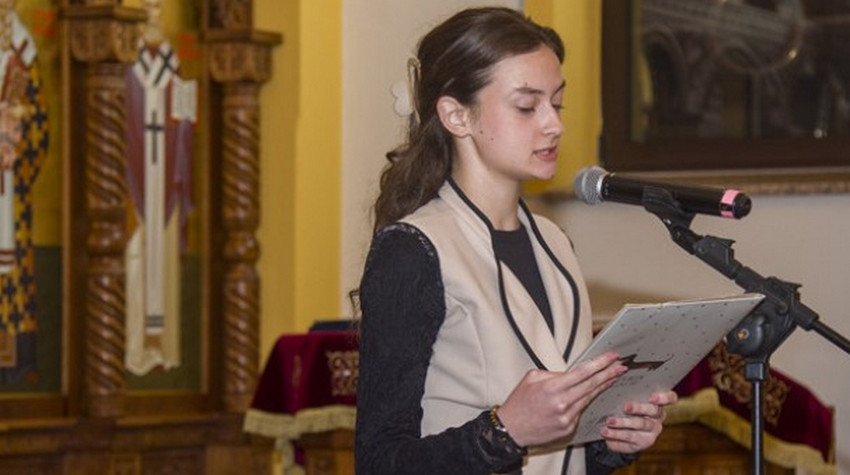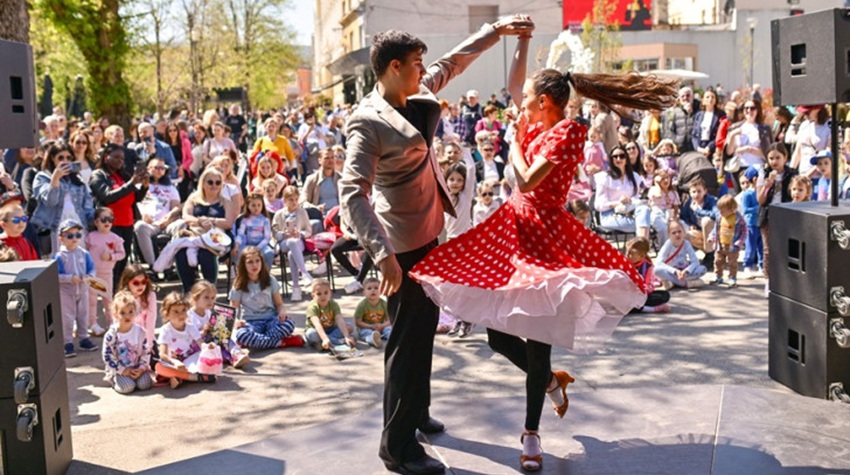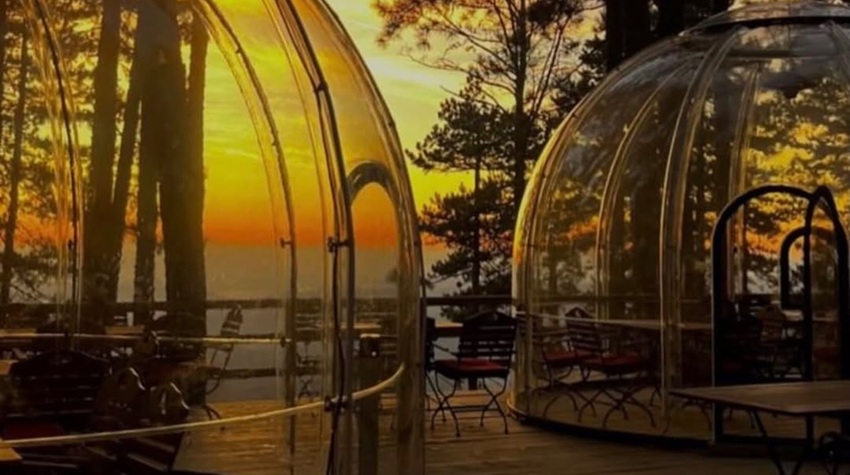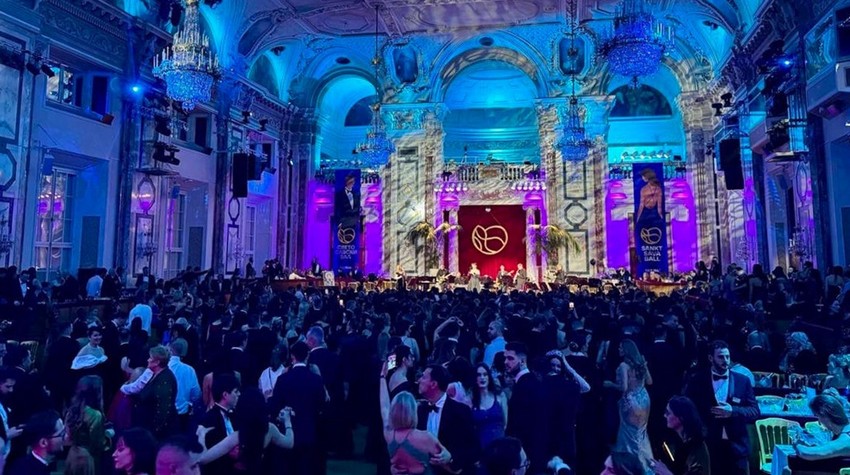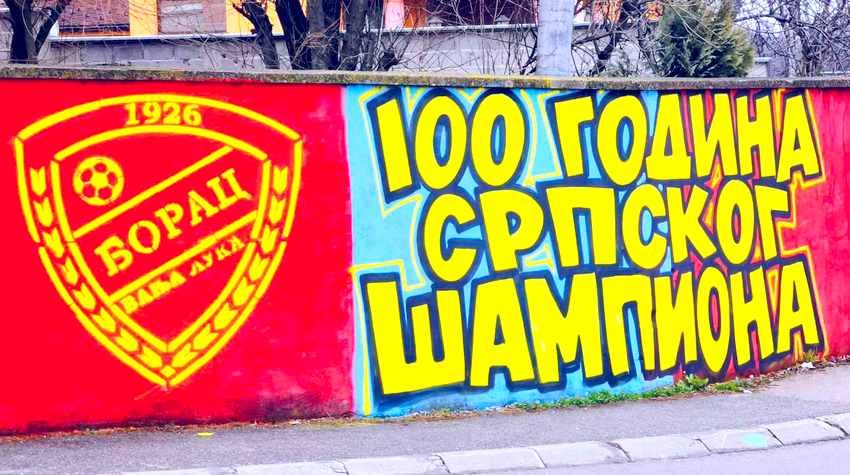COFFEE IN HOSPITALITY VENUES UP TO FIVE KM!
Coffee is one of the primary drivers of the hospitality industry in our country. It's enjoyed during relaxation, social gatherings, business meetings, and problem-solving discussions. It’s no surprise that, on average, each citizen has consumed nearly 5.5 kg of coffee since the beginning of the year.
The total value of imported coffee by the end of October exceeds 140 million KM, according to the Indirect Taxation Authority.
However, market numbers are even higher. Coffee prices in hospitality venues reach up to five KM, though there are still places where you can enjoy a coffee for as low as 1.5 KM.
ESPRESSO COFFEE PRICES IN CAFÉS RANGE FROM 1.5 KM TO FIVE KM
Hospitality representative Amir Hadžić explains that coffee is the main product in smaller venues, cafés, and taverns, adding that hospitality businesses freely set their prices, which he commends.
“What does that mean? When someone wants to attract customers with coffee, they’ll set a lower price, while those offering other products may try to reduce the influx of coffee-only customers. Some venues in Sarajevo have set their coffee price at five KM. Some view this as outrageous, but I don’t think it is. They have a clientele that appreciates that price because there’s no crowd,” he explained to CAPITAL.
Hadžić adds that the price of coffee for espresso machines has increased by 30 to 40 percent, and one kilogram yields between 110 and 120 cups of coffee.
“In Bosnia and Herzegovina, coffee prices range from 1.5 KM to five KM, with the most common price being between 2.5 and 3 KM. You can’t make a good coffee from just two beans. There must be at least seven grams of coffee, the machine properly heated, a warm cup, with the coffee streaming down the inner wall of the cup, and in the end, you get a coffee where sugar doesn’t sink through the crema,” concluded Hadžić.
By early November this year, over 16,000 tons of coffee had been imported into Bosnia and Herzegovina, while exported coffee amounts to only 129 tons. This statistic includes all coffee-related products, roasted or unroasted, caffeinated or decaffeinated, coffee husks, and any products containing coffee in any proportion.
ITALIAN COFFEES DOMINATE HOSPITALITY, NO ADVERTISING FOR INDIAN COFFEE
In Bosnia and Herzegovina, coffee predominantly comes from Brazil, with over half of imported coffee originating from this South American country, followed by about 2,000 tons from India, and then from Italy, as reported by the Indirect Taxation Authority. Italian coffee brands dominate the hospitality sector.
Export, on the other hand, is modest compared to imports, with coffee exports amounting to approximately 1.5 million KM, primarily to Slovenia, Croatia, and a small amount to the USA.



